Digital Identity Wallets: The Future of Secure Online Authentication
May 14, 2025
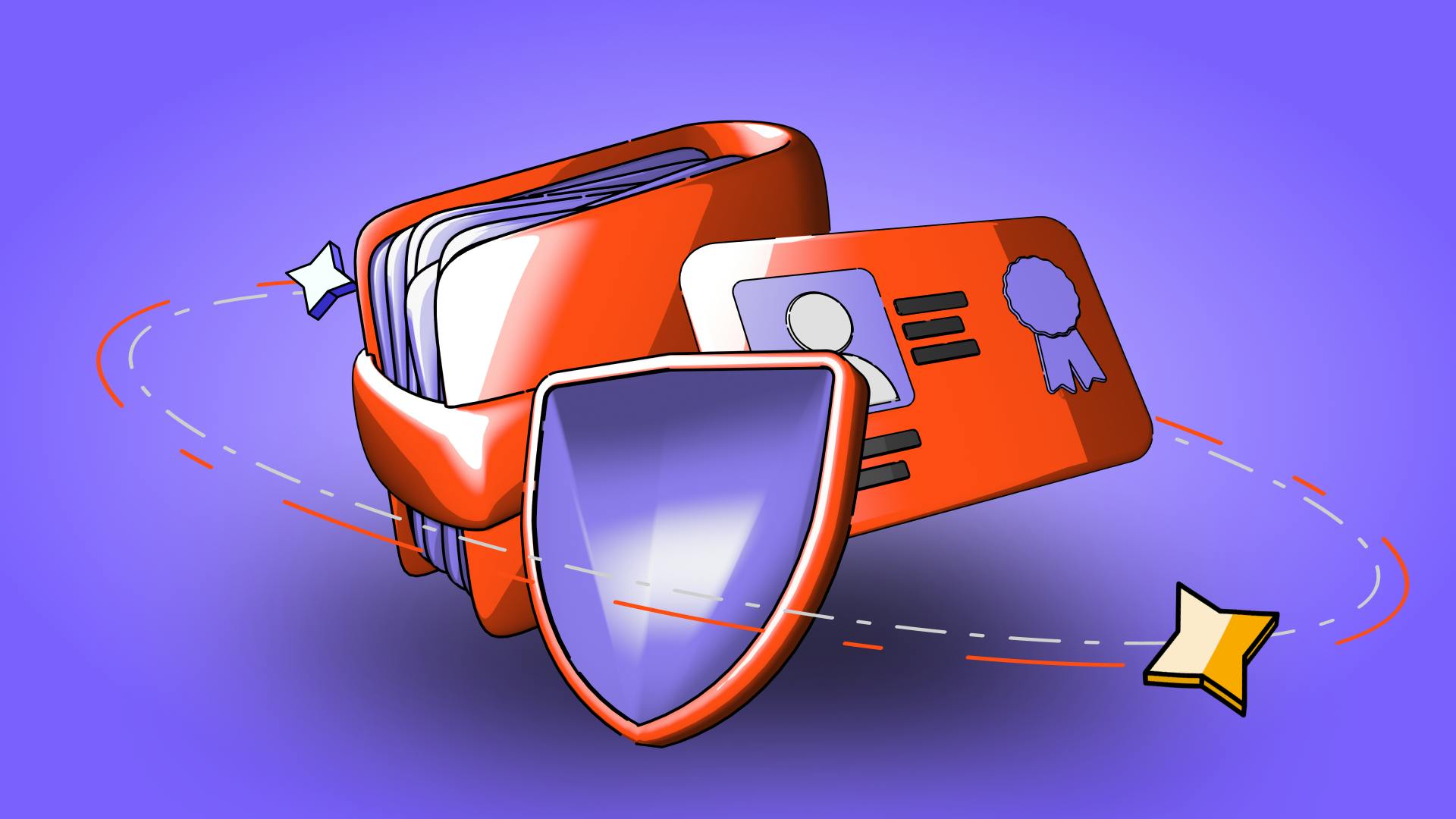
by Coinmetro Editorial Team
May 14, 2025
Digital identity wallets are changing how people verify their identities online. These wallets store digital versions of ID documents and use advanced security to protect user data. As digital transactions grow, secure online verification has become more important. In 2023, the FBI reported a 69% rise in cyberattacks and identity theft cases compared to the previous year. This increase shows the urgent need for better digital security.
This blog will explore digital identity wallets. It will cover their benefits, challenges, and future potential. We will also discuss why these wallets are seen as the future of secure online authentication.
Key points:
- Definition of Digital Identity Wallets
- Benefits
- Use Cases and Applications
- Challenges
- Future Prospects
Discover The Potential of Blockchain Identity Verification and Management
Digital identity wallets store digital versions of personal IDs. They secure sensitive information like IDs, driver's licenses, credit cards, and passports. These wallets use advanced security to protect user data. They also simplify identity checks for both online and offline use. Blockchain-based wallets go a step further. They use blockchain to create secure, decentralized systems for managing digital IDs. This approach ensures data is immutable, transparent, and protected from tampering.
User Credentials: Digital identity wallets store many types of credentials. These include IDs, financial records, and health data. Users rely on these credentials to verify their identity across different services.
Encryption Methods: Digital identity wallets use strong encryption to protect data. Public key infrastructure (PKI) is a common method. It secures data and ensures only authorized users can access it. Blockchain encryption adds another layer of security. It creates tamper-proof records, ensuring data integrity.
Integration with Platforms: Digital identity wallets connect with many platforms and services. They support identity checks for banking, healthcare, and e-commerce.
Blockchain-Based Identity: Blockchain adds security to digital identity wallets. It creates a decentralized system for managing digital IDs. This reduces the risk of data breaches. It also ensures data integrity and transparency.
Apple Wallet: Stores digital versions of credit cards, boarding passes, and tickets. It uses strong encryption to protect user data. It is popular due to Apple’s large user base, but it is limited to Apple devices, which can limit wider adoption.
Google Identity: Provides a unified digital ID system. It secures user data with strong encryption. This service allows access to Google products and third-party apps. However, it has faced privacy concerns due to Google’s vast data collection.
Proof of Humanity: Proof of Humanity is a decentralized ID system. Users upload a video and make a deposit. To verify, an existing user must vouch for them. If the video is challenged, a Kleros court decides its authenticity. If found fake, the user loses their deposit. This approach ensures high trust.
BrightID: Uses community-based verification. Users join video calls, called "verification parties," to confirm their identity. It also has a higher-level process called Bitu verification. This system relies on mutual trust.
Idena: Verifies users through a captcha game played at set times. This method prevents multiple sign-ups by the same person. It also builds trust through collective verification.
Circles: Circles works on a trust-based model. New users need an invite from someone already in the system. It does not aim for global ID verification. Instead, it builds a web of trust based on each user’s network.
Worldcoin: Worldcoin uses an Orb device to scan users' irises. This scan creates a unique IrisCode for a secure digital ID. It aims to prevent duplicate sign-ups. Users earn Worldcoin tokens for verifying. However, it has faced privacy concerns over biometric data use.
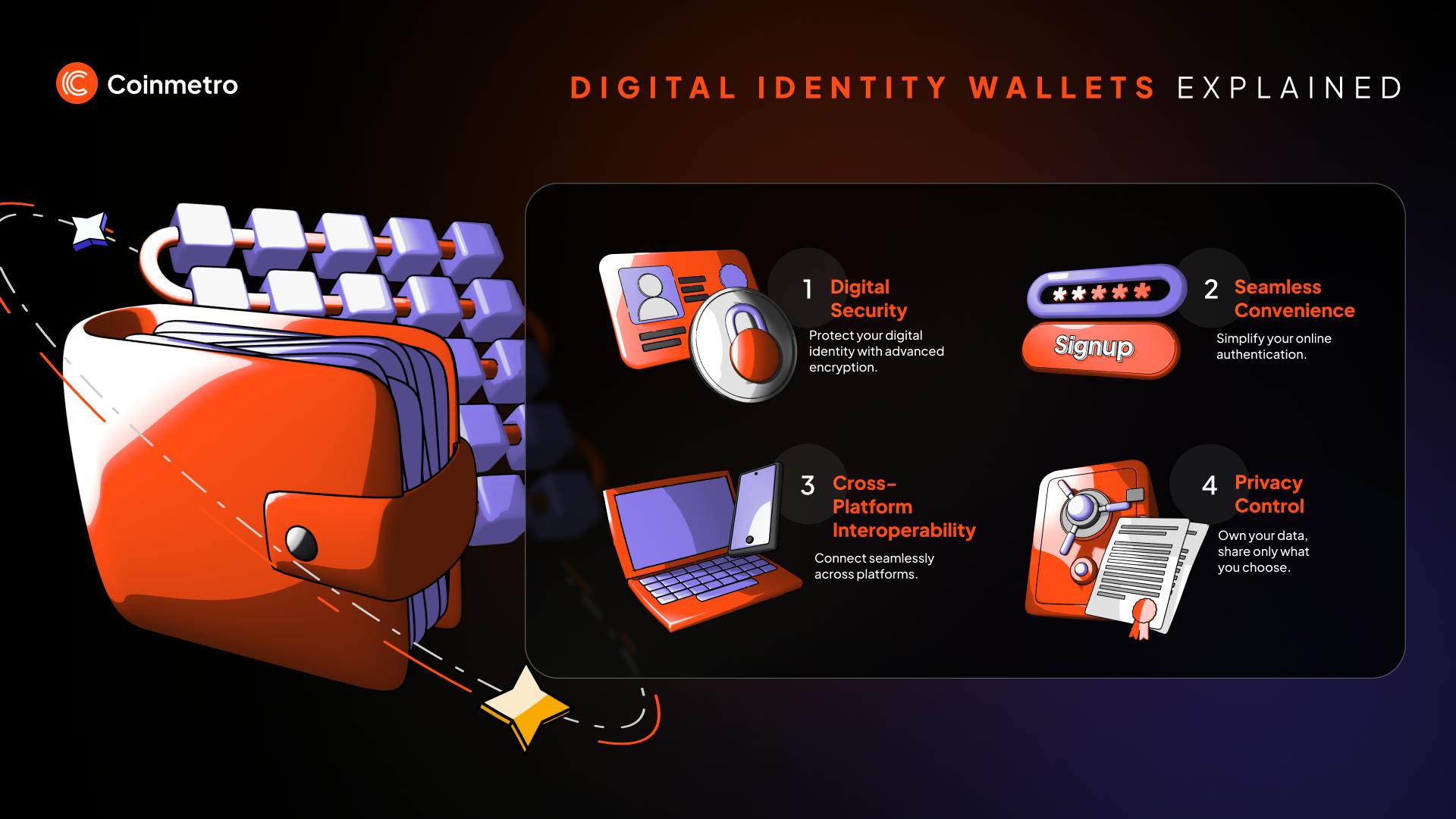
Digital identity wallets offer strong security. They use encryption and multi-factor authentication (MFA) to protect user data. Encryption ensures that only authorized users can access the stored information. MFA adds another layer by requiring more than one form of verification, like passwords, biometrics, or one-time codes. This approach reduces the risk of identity theft and unauthorized access.
Digital identity wallets simplify the user experience. They store many credentials in one place, like IDs, financial details, and health records. This approach means users don’t need to remember many usernames and passwords. It also supports fast and seamless logins.
Digital identity wallets work across different platforms. Users can use them for banking, healthcare, and e-commerce without needing separate accounts. This integration provides a consistent and easy user experience.
Digital identity wallets give users more control over their data. They can choose what to share and with whom. This control reduces the risk of data breaches and misuse. Blockchain-based wallets go further by decentralizing data storage, making it tamper-proof.
E-commerce: Digital identity wallets make online shopping easier. They store payment info and personal details securely. This speeds up transactions and reduces the need to enter data each time. Blockchain-based IDs add more security, allowing only verified users to make purchases. This reduces fraud and builds trust.
Healthcare: Digital identity wallets can store medical records. This makes it easier for patients to share data with healthcare providers. It also ensures quick access to accurate information, improving care quality. Blockchain can add a layer of security, protecting patient data from unauthorized access and ensuring privacy.
Financial Services: Digital identity wallets improve security in banking. They consolidate multiple authentication steps into one app. This makes it easier for users to access accounts and perform transactions. Blockchain adds another layer of security by using cryptography, reducing the risk of fraud.
Government Services: Digital identity wallets help with government services. Users can store digital versions of IDs, like passports or driver's licenses. This allows quick and secure access to services like voting, tax filing, and social benefits. Some governments, like Estonia, use blockchain to ensure the integrity of digital IDs.
By addressing these challenges and concerns, digital identity wallets can achieve broader adoption and provide a secure, user-friendly solution for online authentication:
Adopting digital identity wallets faces several challenges. Many users resist change due to privacy concerns and a lack of understanding. They may hesitate to switch from traditional methods. Integrating these wallets with existing systems can also be complex. It requires significant resources to ensure compatibility and seamless functionality across various platforms.
Digital identity wallets offer better security, but still have risks. A breach can expose sensitive personal data. Strong encryption and multi-factor authentication (MFA) are essential to reduce this risk. However, even with these measures, vulnerabilities can remain. Continuous updates and monitoring are needed to protect against evolving threats.
Blockchain-based digital IDs provide more resistance to attacks. They enhance privacy by decentralizing data storage. Each transaction is encrypted and linked to the previous one, creating a secure and tamper-proof chain. This approach secures digital identities and reduces the risk of unauthorized access.
The regulatory landscape for digital identity wallets is complex. It varies by region and can be challenging to navigate. Laws like the GDPR in Europe set strict rules for data handling and consent. Companies must balance compliance with a seamless user experience. This requires constant adaptation to changing regulations.
Digital identity technologies are changing how we secure online interactions. These wallets offer stronger security, better convenience, and more control. As online threats like cyberattacks and identity theft grow, the need for secure identity checks is critical.
Blockchain adds a strong layer of protection. Its decentralized setup keeps data secure and tamper-proof, cutting the risk of breaches. This approach solves many current security issues. Yet, challenges like user adoption, security risks, and regulation remain. Solving these is key to broader digital wallet use.
Digital identity wallets can improve sectors like e-commerce, healthcare, finance, and government. They can cut fraud, build trust, and boost efficiency. With ongoing innovation, these wallets will likely become a standard part of daily online life, shaping the future of secure interactions.
▶️ Watch: Is the EU Digital Identity Wallet Going to Strip Away Our Privacy?
Join the Coinmetro community on Discord and Telegram, where forward-thinking traders and investors gather to share insights, explore new opportunities, and dive deep into cryptocurrencies. Should you need any help, please contact our world-class Customer Support Team via 24/7 live chat or email at hello@coinmetro.com.
To become a Coinmetro user today, Sign Up now or head to our new Exchange if you are already registered to experience our premium trading platform.
Tags
Related Articles
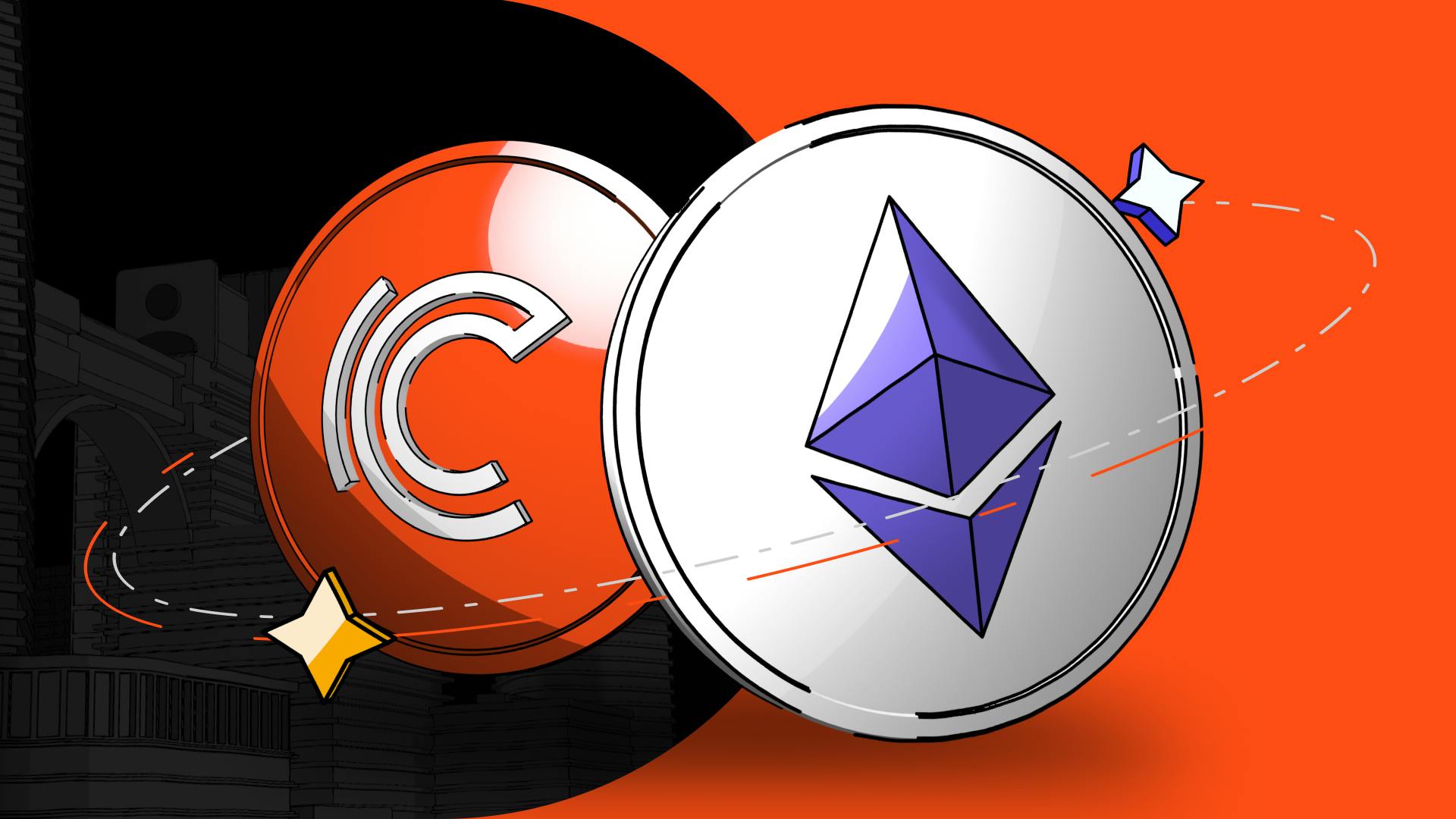
How to Buy Ethereum (ETH) on Coinmetro - Step by Step
Want to buy Ethereum instantly without the complexity? Coinmetro makes it fast, simple, and secure. This guide shows you the simple steps to buy…
2m

How to Stake Ethereum (ETH) on Coinmetro Fast, Easy, and Securely
Looking to earn passive income on your Ethereum? With Coinmetro, staking ETH is seamless, secure, and beginner-friendly. In this quick guide, you’ll…
2m
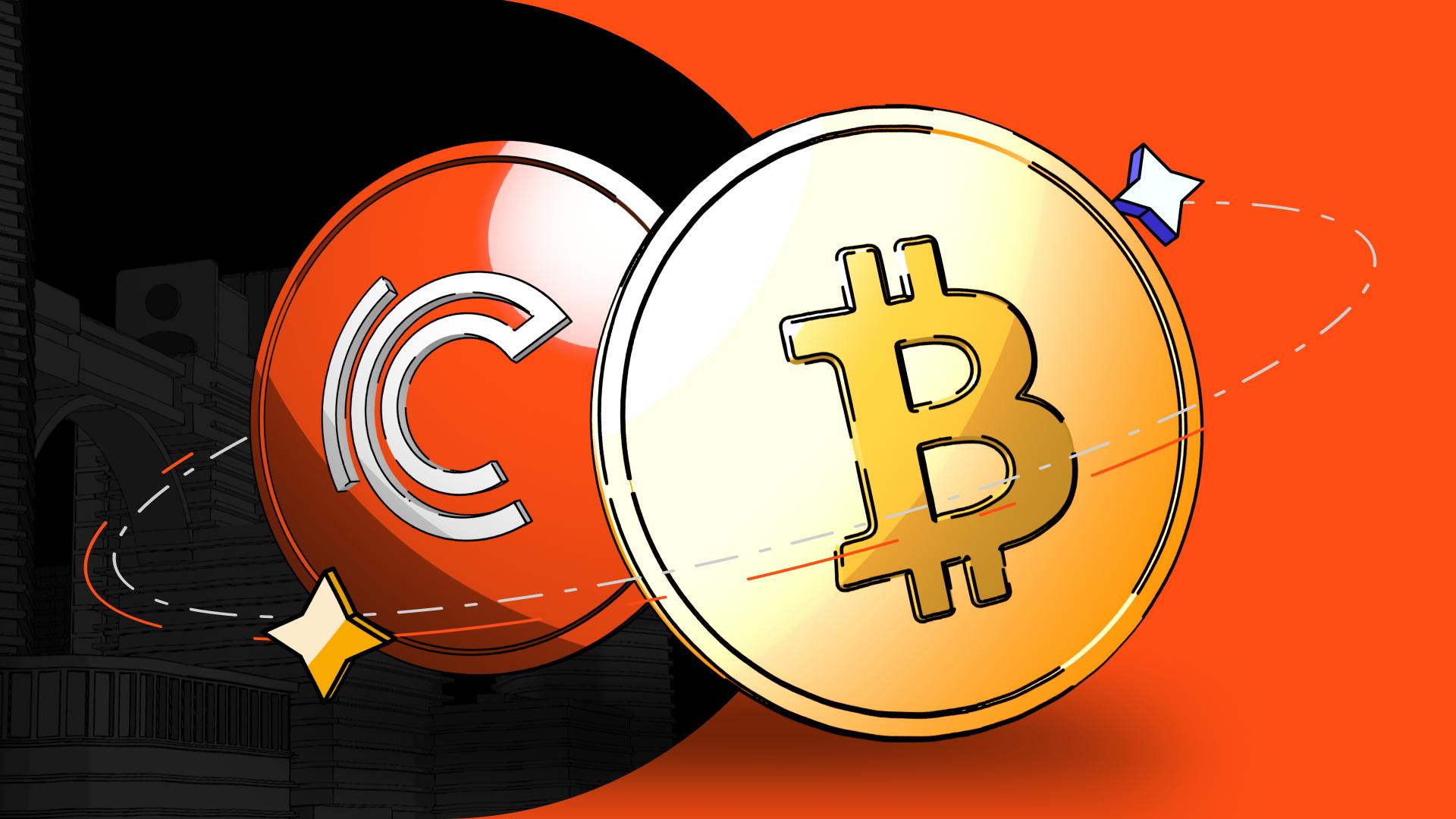
How to Buy Bitcoin (BTC) Instantly on Coinmetro
Want to buy Bitcoin instantly without the complexity? Coinmetro makes it fast, simple, and secure. This guide shows you the simple steps to buy…
2m
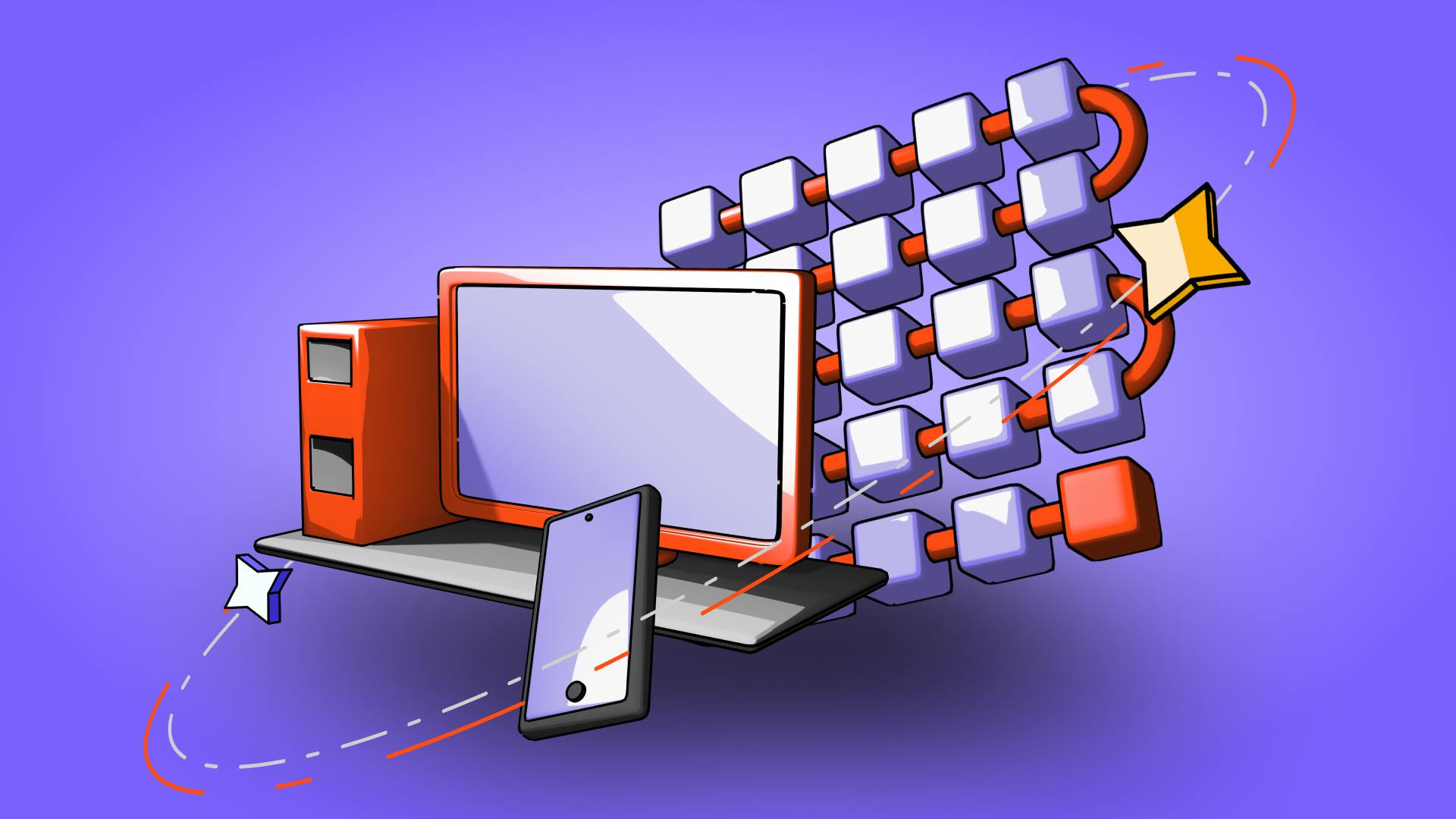
Blockchain for IoT (Internet of Things): Enhancing Device Connectivity
The Internet of Things (IoT) hit 17.08 billion devices in 2024. Experts predict this will grow to 29 billion by 2030. IoT now connects consumer…
8m